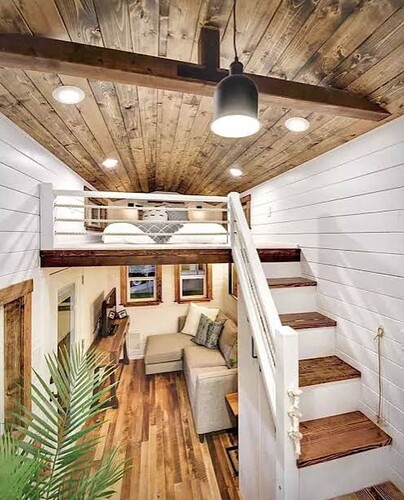Home renovation has become an essential practice for homeowners looking to improve comfort, efficiency, and the overall appeal of their living spaces. Whether you are renovating to modernize outdated interiors, increase property value, or create a more functional layout, careful planning and strategic execution are key. Modern home renovation emphasizes not only aesthetics but also sustainability, technology, and long-term benefits.
One of the primary reasons people renovate their homes is to create a more functional and livable space. Families’ needs evolve over time, and rooms that once served a specific purpose may no longer meet daily requirements. For instance, converting an unused room into a home office or gym can maximize available space while supporting modern lifestyles. Additionally, open floor plans are increasingly popular, as they allow for better movement between areas, more natural light, and a sense of spaciousness that traditional compartmentalized layouts often lack.
Aesthetic upgrades are equally important in home renovation. Updating walls with fresh paint, installing new flooring, and modernizing fixtures can transform the look and feel of any room. Design trends, such as minimalist interiors, neutral color palettes, and smart lighting, allow homeowners to create spaces that are both stylish and functional. Even simple changes, like replacing cabinet hardware or light switches, can refresh the overall appearance without requiring a large budget or extended construction time.
Energy efficiency is a critical consideration in contemporary home renovations. Upgrading insulation, installing energy-efficient windows, and incorporating smart home systems can significantly reduce utility bills while lowering the home’s environmental footprint. Smart thermostats, LED lighting, and solar panels are popular additions that enhance comfort and long-term savings. Homeowners who invest in energy-efficient upgrades often see increased property value, making these improvements both practical and financially beneficial.
Planning and budgeting are vital for a successful renovation project. Homeowners should start by outlining clear objectives and prioritizing which areas need attention. Creating a detailed budget that includes both anticipated costs and a contingency fund for unexpected expenses helps prevent financial strain. Collaboration with professional contractors or designers ensures that the renovation is executed efficiently and meets safety standards. Professional guidance also helps in making informed decisions about materials, layouts, and design features.
Safety and compliance should never be overlooked. Renovation projects often involve electrical, plumbing, or structural work that must adhere to building codes. Hiring licensed professionals ensures that work is completed safely and correctly, reducing the risk of accidents and future problems. Homeowners should also plan for temporary disruptions, such as noise and dust, to minimize stress during the renovation process.
Post-renovation maintenance is crucial for preserving the value and functionality of a home. Regular inspections, cleaning, and minor repairs prevent issues from escalating into costly problems. Keeping records of upgrades, receipts, and warranties is also beneficial for insurance purposes and future property evaluations.
In conclusion, home renovation is a powerful tool for enhancing comfort, efficiency, and property value. By combining thoughtful design, functional improvements, energy-efficient solutions, and proper planning, homeowners can transform their living spaces into environments that are stylish, practical, and sustainable. With careful execution, a well-planned renovation can deliver long-lasting benefits and create a home that truly reflects the lifestyle and preferences of its occ
upants.

